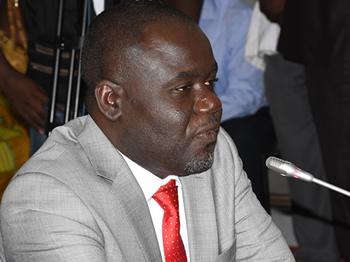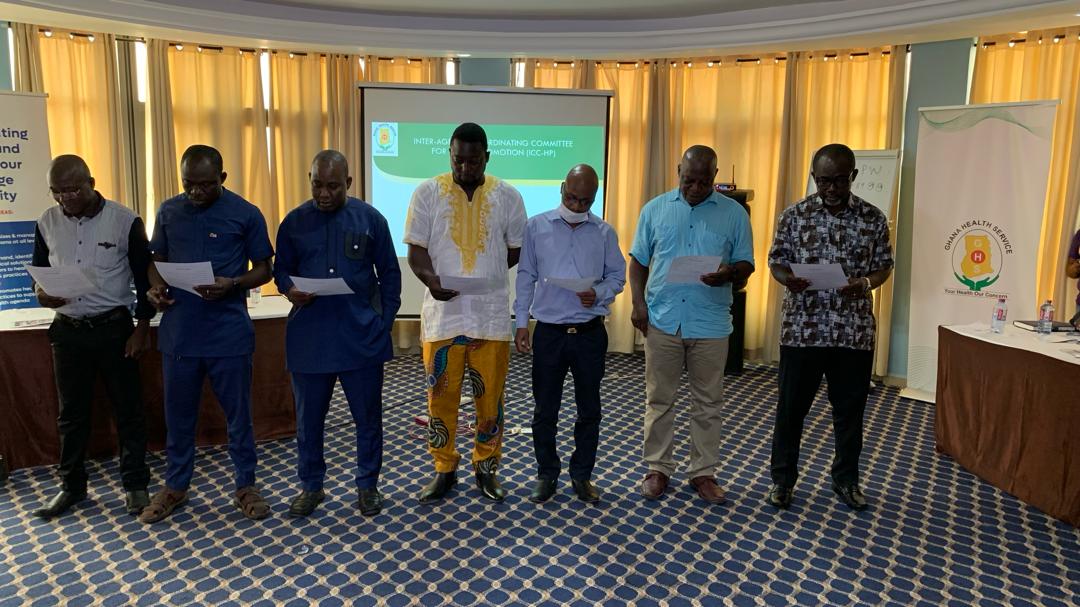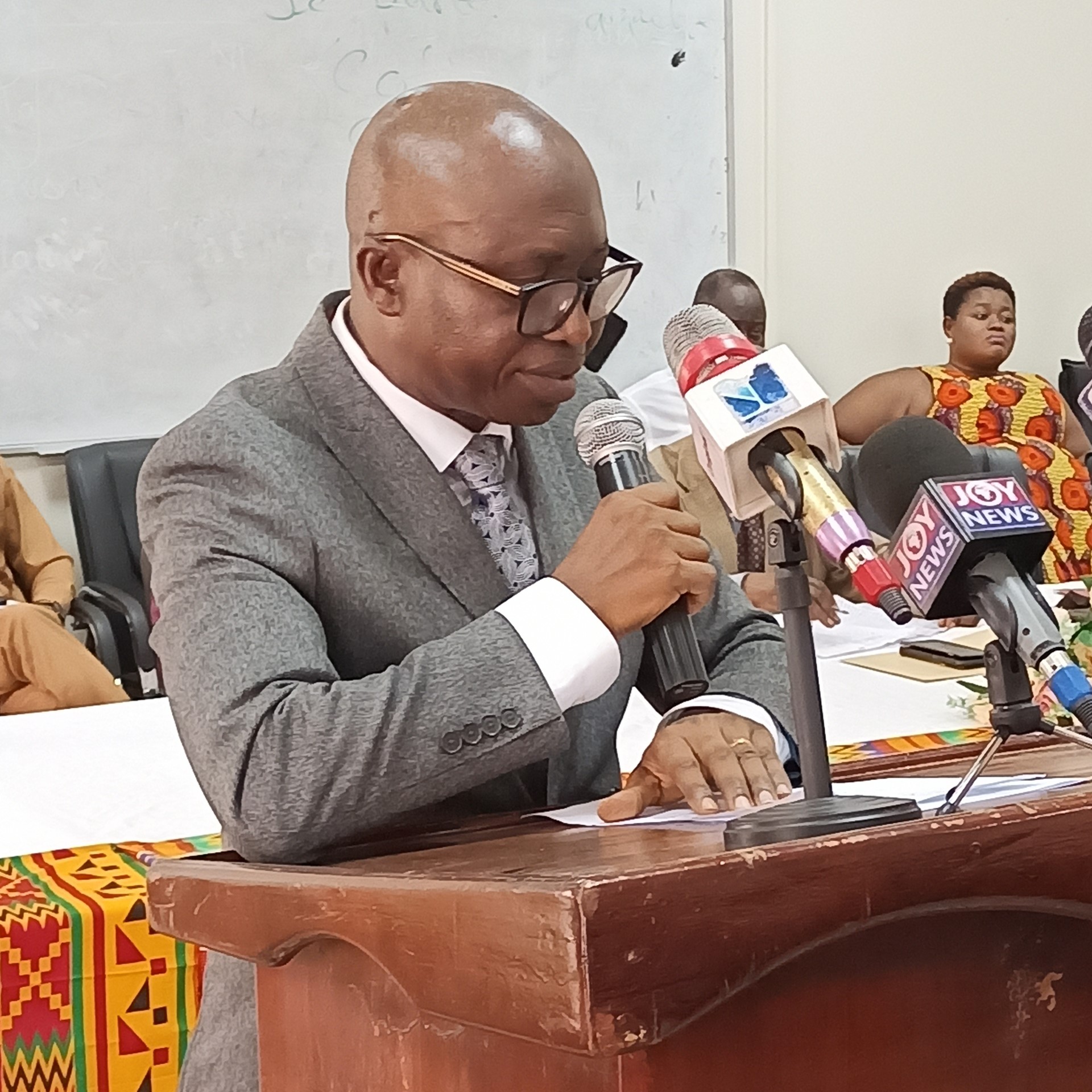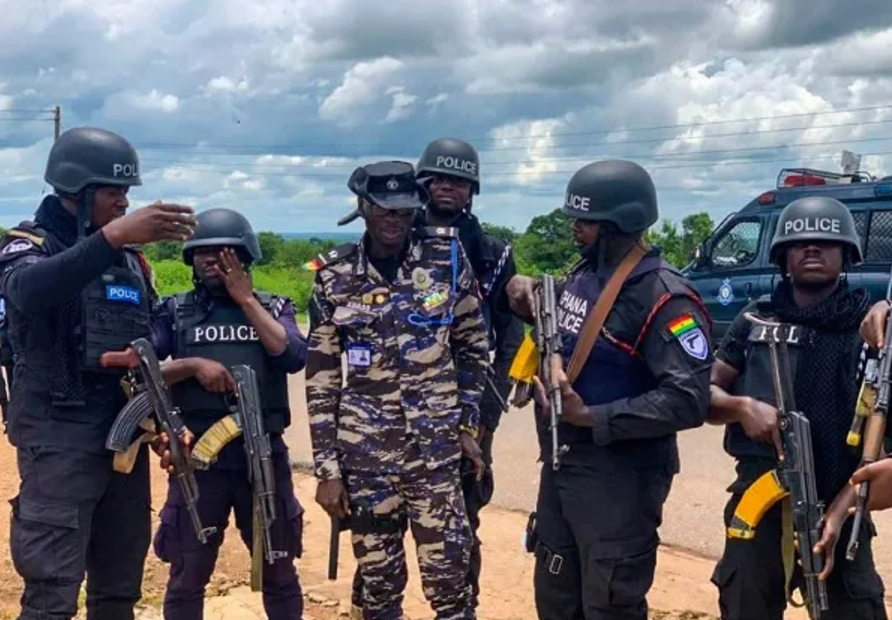
By Edward DEBRAH
The aftermath of the explosion at Bogoso-Appiatse, saw another reactive response by the Government and Minerals Commission. Ghana has experienced multiple deadly environmental disasters within the petroleum and mining industries over the last decade, yet no substantial changes have been reported or enforced.
It appears everything returns to normalcy once the media gaze turns away, leaving victims and habitants in no better position.
Identifying and assessing the root causes would help implement appropriate remedial actions that will improve the situation and response in future cases.
This article explores the legal and environmental health and safety (EHS) issues in this incident whilst drawing comparisons to previous incidents locally and globally to aid the understanding and enhance the knowledge of readers. It will highlight why ‘it is time we prioritised proactive health and safety practice in Ghana’.
The Mineral and Mining Regulations (Explosives) 2012, provides five key requirements for transporting mining explosives, including;
- The use of an authorised vehicle approved by the Chief Inspector of Mines for the transportation of explosives;
- Requirement for a police escort during transportation;
- A blastman to be onboard of the vehicle;
- Training of employees; and
- The explosives compartment on the vehicle is enclosed and protected with non-inflammable materials.
There’s been several accounts on the incident and victim blaming, including claims of a head on collision of the explosives vehicle with a motorist. Aside the Minerals and Mining Regulation, there was a clear breach of road usage rules. The causal disregard for rules is damaging to our lives and in some instances, fatal. Industrial vehicles are overloaded on our roads with no sense of safety relating to the products being transported. A few concerns worth soliciting public views are as follows;
- Should such hazardous activity of transporting explosives be reviewed so that such heavy-duty vehicles do not ply routes in densely populated areas?
- Could there be a law that could regulate the travel times of such heavy-duty vehicles carrying dangerous goods?
- How has the DVLA or Police MTTD responded to this incident?
The transportation of several dangerous goods including fuels and most recently explosives, have posed several dangerous accidents in the country and it brings to question whether we have learnt any lessons from past events.
With an increased awareness on green consciousness and safety, the global efforts and impact goes far beyond climate change summits. Many jurisdictions are moving towards issuing Green Sanctions and consumers want to see producers take safety and environmental protection seriously. If Ghana truly wants to maintain and grow its reputation as a destination for tourism and businesses, then it will need to prioritise Health Safety and Environment practice.
Can the government be trusted to appoint an independent investigation team to investigate the incident thoroughly and fully implement findings or recommendations?
Perhaps it is time for Ghana to have an independent Health and Safety Regulator with legal backing to regulate, supervise and hold companies large or small to account under public law. Companies may wish to revise their Corporate Governance Policy and Corporate Social Responsibility to help measure its benefits not only to the well-being of its employees, but review how it translates into revenues, enhance reputation and competition within their respective industries.
Business owners and employees could benefit from three key reasons should they prioritise prioritize Health and Safety (H&S) –
- Financial/Economic Reasons
Besides reducing costs, effective H&S management promotes business efficiency. Thousands of work-related accidents, resulting in more than three days off work are reported to the Health and Safety Authority each year. Work-related diseases and ill-health are more difficult to measure due to long latency period but result more than one million days lost at work each year. These accident and ill-health cases are due to failures and deficiencies in H&S management.
When employers create proactive systems at workplaces, costs to be incurred to pay for health insurance because of staff ill-health and injuries would be reduced and these could be savings for the company.
- Legal Reasons
The Health and Safety at Work etc Act 1974 requires all duty holders to ensure, so far as is reasonably practicable, the safety, health and welfare of workers and members of the public and to manage and conduct all work activities in such a way as to ensure their safety, health and welfare. This requires all duty holders to be proactive in managing safety, health and welfare responsibilities in a systematic way. This section should help organisations to improve H&S performance by providing advice on how H&S should be managed, and in the process, help comply with legal requirements.
Employers will be free of sanctions and fines should H&S be prioritized. Imagine what Maxam Ghana Limited could do with $6million should they have been more cautious. It goes without saying that if you think, safety practice is expensive, try accidents.
- Moral and Ethical Reasons
Proactive H&S management in the workplace helps organisations prevent injuries and ill-health at work. Employers could boast of enviable track record of employee safety and business continuity when less accidents and ill-health are reported. Imagine working for a whole year without any accidents or injuries; productivity would increase translating into better conditions of service, reduction in staff turnover rates just to mention a few. It will even help improve the brand image of organisations.
Going forward, we cannot continue to do things the same way and expect different results. The government, must, as a matter of urgency, consider the passage of the Occupational Health and Safety bill into law so the Ministry of Employment and Labour Relations could have the legal basis to set up the Department of Occupational Safety and Health (DOSH) as stated in the OSH Bill currently before parliament.
‘The DOSH when established is to secure the safety, health, protection and welfare of persons at work, employers and protecting others, including the public against risks and hazards emanating from or in connection with, the activities of persons at work and to provide for related matters’
DOSH will be mandated to promote safety, health protection and welfare of persons at work and the public. The department among other things would be responsible for;
- Implementing national occupational safety and health policies and programmes towards the promotion and enforcement of occupational safety and health standards in the country.
- Ensuring occupational safety and health practices in the country remain relevant, current and in line with international best practices and that policy decisions are reflected in programmes and initiatives.
- Ensuring there is synergy and collaboration between institutions with responsibilities and duties related to occupational safety and health.
- Reviewing the safety and health performance, promoting safety and health culture in different economic sectors, offer direction and guidance on safety and health to enterprises, institutions and service providers through training and education.
Are we going to sit and fold our arms for another disaster to wipe out an entire community? Would leadership prioritize the H&S of her people and ensure such disasters do not happen again?
Your guess is as good as mine!!!
Edward is a UK based HSEQ Executive, has over 12 years of HSEQ experience across Oil and Gas, Energy, Construction, University Lecturer and Waste Management.
Email: [email protected]
Twitter: @theeddiedebs
IG: @theeddiedebs
The post Aftermath of Appiatse disaster: time to prioritise health and safety? appeared first on The Business & Financial Times.
Read Full Story


















Facebook
Twitter
Pinterest
Instagram
Google+
YouTube
LinkedIn
RSS